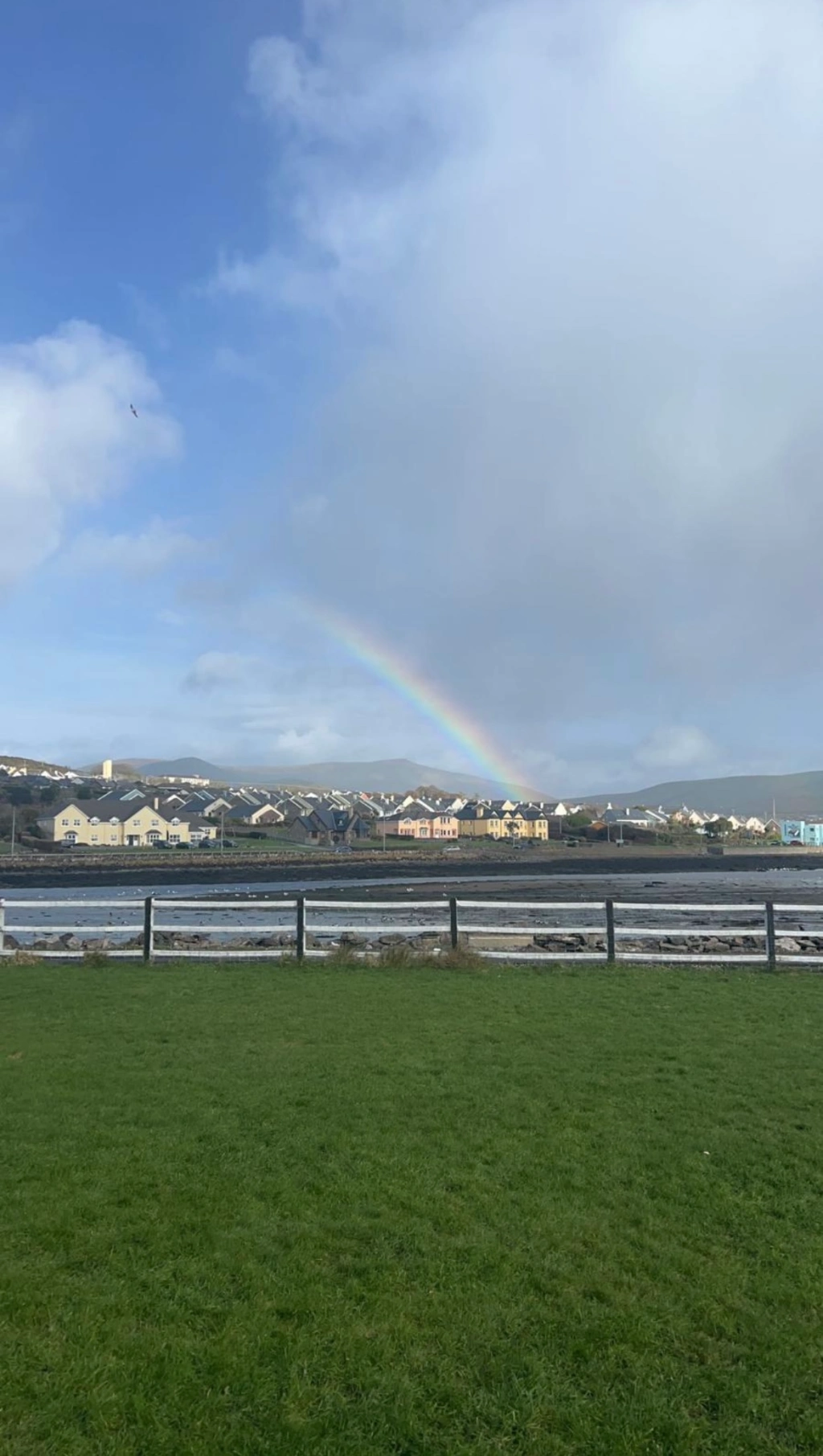By Neha Misri
This is my first Diwali away from home! While I did have my UL family with me, and we tried to bring our celebrations to Limerick amidst level 5 restrictions, it nonetheless got me nostalgic. I missed home, home cooked food, celebrations, and the fanfare around it. But one thing that stood out was explaining the significance of Diwali to non-Indian flatmates and colleagues. So, I decided why not write a small note to all my friends and family at UL and telling them what I know of this festival of lights.

Every year, Indian communities all over the world celebrate Diwali, the Festival of Lights, with much fanfare. Diwali is a five-day festival that celebrates the triumph of light over darkness, knowledge over ignorance, and hope over despair. The origin of the word ‘Diwali’ is from the Sanskrit word ‘Deepavali’ where ‘deepa’ means ‘light’ and ‘vali’ means ‘row’; thus a row of lights, which is exactly what is seen in homes during this time—rows of light in celebration of the festival. This festival is celebrated on Amavasya or ‘no moon’ day and heralds the dawn of a New Year according to the Hindu calendar. Celebrated by Hindus, Sikhs, and Jains, each of these groups honour some historical figure and significance. Whatever one’s belief, it is a celebration of good over evil and heralds new, positive beginnings.

Diwali is called the Festival of Lights and is celebrated to honour Rama-chandra, the seventh avatar (incarnation of the god Vishnu). It is believed that on this day Rama returned to his people after 14 years of exile during which he fought and won a battle against the demons and the demon king, Ravana. People lit their houses to celebrate his victory over evil (light over darkness). The goddess of happiness and good fortune, Lakshmi, also figures into the celebration. It is believed that she roams the Earth on this day and enters the house that is pure, clean, and bright.
The Diwali festival in southern India often commemorates the conquering of the Asura Naraka, a powerful king of Assam, who imprisoned thousands of inhabitants. It was Krishna, a deity worshipped in Hinduism, who was finally able to subdue Naraka and free the prisoners. Diwali celebrations may vary in different communities, but its significance and spiritual meaning is generally “the awareness of the inner light”.

Diwali is celebrated in style in India and here are few traditions that are usually followed:
- Light: Over the five days of the festival, people clean their houses from top to toe and open their windows to welcome Laksmi, the Hindu goddess of fortune. Masses and masses of candles and lamps are lit to greet her. For Hindus, darkness represents ignorance and light knowledge. So, on the night of Diwali, the abundance of light also symbolises the destruction of every negative aspect of human beings: evil, violence, lust, greed, bigotry, suffering, and so on.
- Food: Rather than meals, families enjoy feasts. Days before Diwali, people make delicacies in preparation. These include all manner of sweets and crackers to make your dentist fearful. For example, Badam Phirni is made of almond, rice flour and milk. Or Gulab Jamun, which are soft balls, dipped in sugar syrup for a whole night. But the festival also features some mouth-watering savoury vegetarian dishes. Potato Dahiwad, which contains a range of chilies and spices, Paneer Bagh-e-bahar with pineapple, cashew and cream, and Peanut Pakodi – to name a few.
- Gifts: Family and friends exchange all kinds of presents. Neighbours usually give each other sweets, including favourites like barfis, gulab jamuns, laddoos, or jalebis, all wrapped up in pretty boxes.
For more information about UL Global, follow our social media accounts:
Facebook: @ULGlobal
Twitter: @ULGlobal
LinkedIn: @ULGlobal
YouTube: @ULGlobal
Instagram: @ULGlobal







Leave a comment